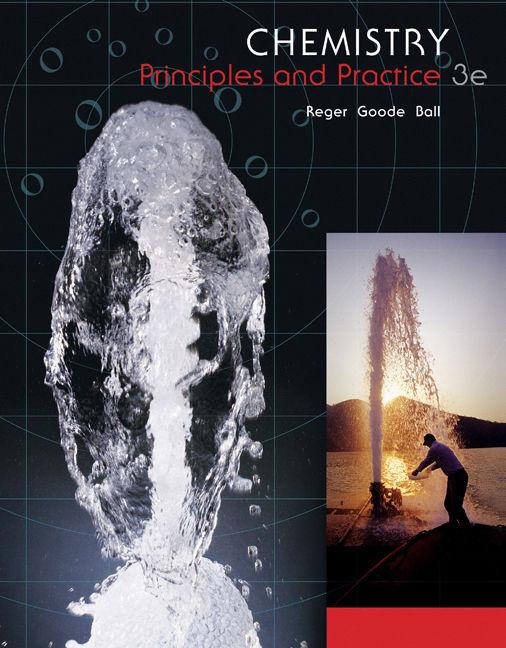When an ideal gas expands at constant temperature (a condition referred to as isothermal ), E is
Question:
When an ideal gas expands at constant temperature (a condition referred to as isothermal ), ΔE is zero because the internal energy of an ideal gas depends only on temperature, not volume. Consider 1.00 L of a gas initially at 9.00 atm and 15 °C.
(a) Calculate q and w if the gas sample expands isothermally against an opposing pressure of 1.00 atm to a final volume of 9.00 L.
(b) Calculate q and w if the gas expands isothermally, first against an opposing pressure of 3.00 atm (to an intermediate volume of 3.00 L) and then against an opposing pressure of 1.00 atm (to a final volume of 9.00 L).
(c) Calculate q and w of a three-step isothermal expansion (first to 3.00 atm and 3.00 L, then to 2.00 atm and 4.50 L, and finally to 1.00 atm and 9.00 L). Compare with the two- and one-step expansions.
(d) Based on your results for parts a to c, suggest how this expansion might be carried out so that the maximum amount of work would be done on the surroundings.
Step by Step Answer:

Chemistry Principles And Practice
ISBN: 9780534420123
3rd Edition
Authors: Daniel L. Reger, Scott R. Goode, David W. Ball





